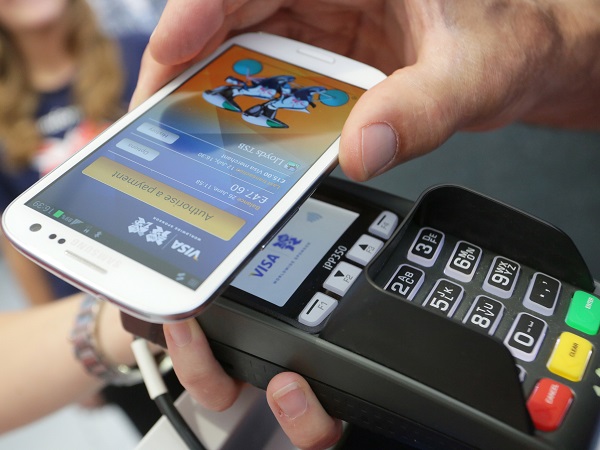- As Nigerian banks execute N48.54trn e-payments in Q3’19
By Omobayo Azeez
As the end 2019, total mobile money services surpassed one billion accounts globally, the Global System for Mobile Communications Association (GSMA) has revealed.
According to the newly unveiled annual ‘State of the Industry Report on Mobile Money’ by the body, 2019 marked a major milestone for the mobile money industry, with over one billion registered accounts and close to $2 billion in daily transactions.
Specifically, the report a view of the mobile money landscape and highlighting the impact greater financial inclusion has on lives, economies and innovation, especially in emerging markets.
The latest report revealed that in 2019 alone, Africa added 50 million new mobile money accounts in as the number of registered accounts globally attained a new height.
It showed that East Africa, home to Safaricom’s MPesa, remains first on the chart in the world in terms of transaction volume and value, with the region’s 102 million active accounts as the highest in any sub-region.
The region equally had 17.1 billion transactions valued at $293.4 billion, a 24 per cent increase from 2018.
The Central African region stood out for registering a 49.6 per cent increase in transaction volume, the highest year-on-year growth on the continent.
But while East Africa had more transaction volume and total value, mobile money transactions in West Africa had an average value of $27 billion, compared to less than $18 per transaction in other regions in Africa, according to the report.
Indeed, West Africa has become a force in Africa’s mobile money revolution as the sub-region witnessed the highest increase in number of registered accounts at 14.5 per cent and transaction value at 34.9 per cent
GSMA further revealed that there are now more live mobile money services offered in West Africa than in any other region in the world.
Meanwhile, at the domestic market, the National Bureau of Statistics revealed that a total volume of 893.682 million transactions valued at N48.54 trillion were recorded in Q4 2019 as data on electronic payment channels in the Nigeria banking sector revealed.
NIBSS Instant Payments (NIP) transactions dominated the volume of transactions recorded with 342.636 million volume of NIP transactions worth N29.69 trillion in the last quarter of 2019.
Mats Granryd, director general of GSMA, remarked that the year 2019 was a momentous year for the mobile money industry, adding that with over a billion registered accounts and close to $2 billion in daily transactions, mobile money is evolving like never before.
He said: “Originally a product for a few select markets, mobile money is now a global phenomenon, recording astonishing growth in emerging markets and reaching a broad range of customers.”
Granryd further pointed out that for the first time, digital transactions represented the majority of mobile money flows, and more value is circulating in the mobile money system than before.
“For customers, this marks a shift away from cash towards digital payments – for school fees, e-commerce, international remittances, savings, credit, pay-as-you-go utilities and more. For the industry, it is evidence the ‘payments-as-a-platform’ model – a strategic shift by the industry to encourage more value to remain digital and to diversify revenue models – is paying off.”
According to John Giusti, chief regulatory officer at GSMA, increased mobile connectivity and innovative services such as mobile money are building stronger and more inclusive communities.
“Surpassing one billion mobile money accounts represents a major milestone for an industry that did not exist just over a decade ago. The reach of mobile money agents is now 20 times that of bricks-and-mortar banks.”
He added that almost 1.7 billion people remain financially excluded, but the collective strength of the industry holds the potential to ensure everyone can be part of the new digital economy.
“Regulation that enables low-cost services for the financially excluded has been crucial to the success of mobile money, and there is a clear correlation between an enabling regulatory environment and a high mobile money adoption rate,” Giusti added.
However, he noted that certain policy decisions, such as sector-specific taxation and data localisation requirements, are putting pressure on the industry and create a real risk of long-term negative impacts on financial inclusion gains, access to innovative services, and delivery of the sustainable development goals.
“We are moving in the right direction, and with the right tools, we are a step closer to achieving an inclusive digital future for all,” Giusti concludes.









